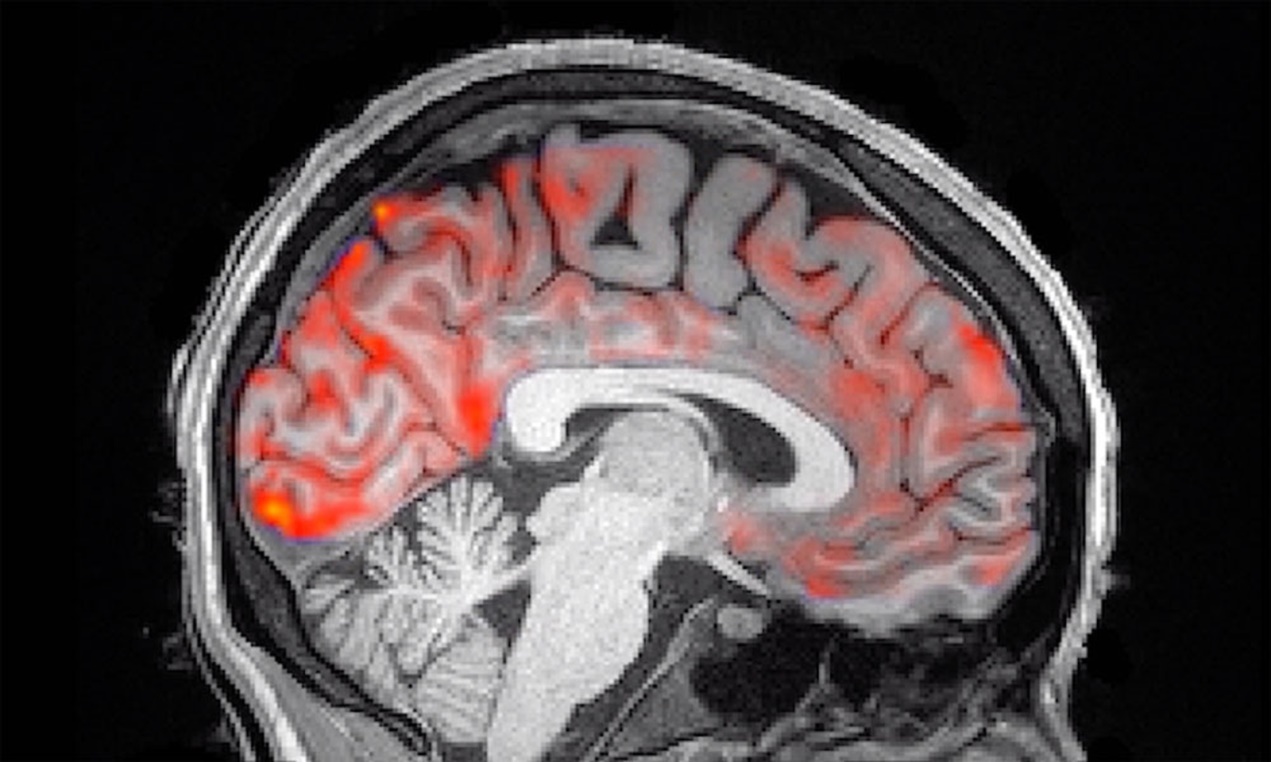
How deep sleep scrubs your brain of toxins
Deep sleep is important for all aspects of your health, so it makes sense that during that time, there's a lot of activity going on in your brain. Brain waves that occur during this period — when you're in your deepest resting state — seem to trigger a type of cleaning system. The cerebrospinal fluid (CSF) that is released washes away toxic proteins, thereby protecting the brain from neurodegenerative diseases such as Alzheimer's, according to new research.
To examine how this power-washing worked, researchers at Boston University had 11 participants spend the night in the lab, sleeping inside an MRI machine. They started the tests at midnight, according to Wired, so that the subjects would be tired and would be more likely to fall asleep.
Electrodes monitored the electrical currents in their brains while the MRI measured the blood oxygen levels in their brains and where and how much cerebrospinal fluid was flowing.
In the study, researchers discovered that during non-REM sleep, large waves of fluid washed over the brain about every 20 seconds. They noticed that a wave of electrical activity occurred in the brain first and then a wash of fluid followed a few seconds later. The findings suggest that the electrical waves trigger each slow wave of fluid.
It's already known that people with Alzheimer's disease have less of these electrophysiological slow waves, so they have smaller and fewer slow waves.
Fewer slow waves reduce the number of cerebrospinal fluid washes, limiting the brain's ability to rid itself of toxins linked with Alzheimer's and other neurodegenerative illnesses, researchers suggest.
It would make sense that if there's large waves of fluid, of CSF, that that might in turn cause mixing and dispersion with other fluids in the brain and help with this waste removal process.
The study could have clinical applications for Alzheimer's as researchers investigate other ways to approach treatments for the disease.
 English
English Arabic
Arabic


